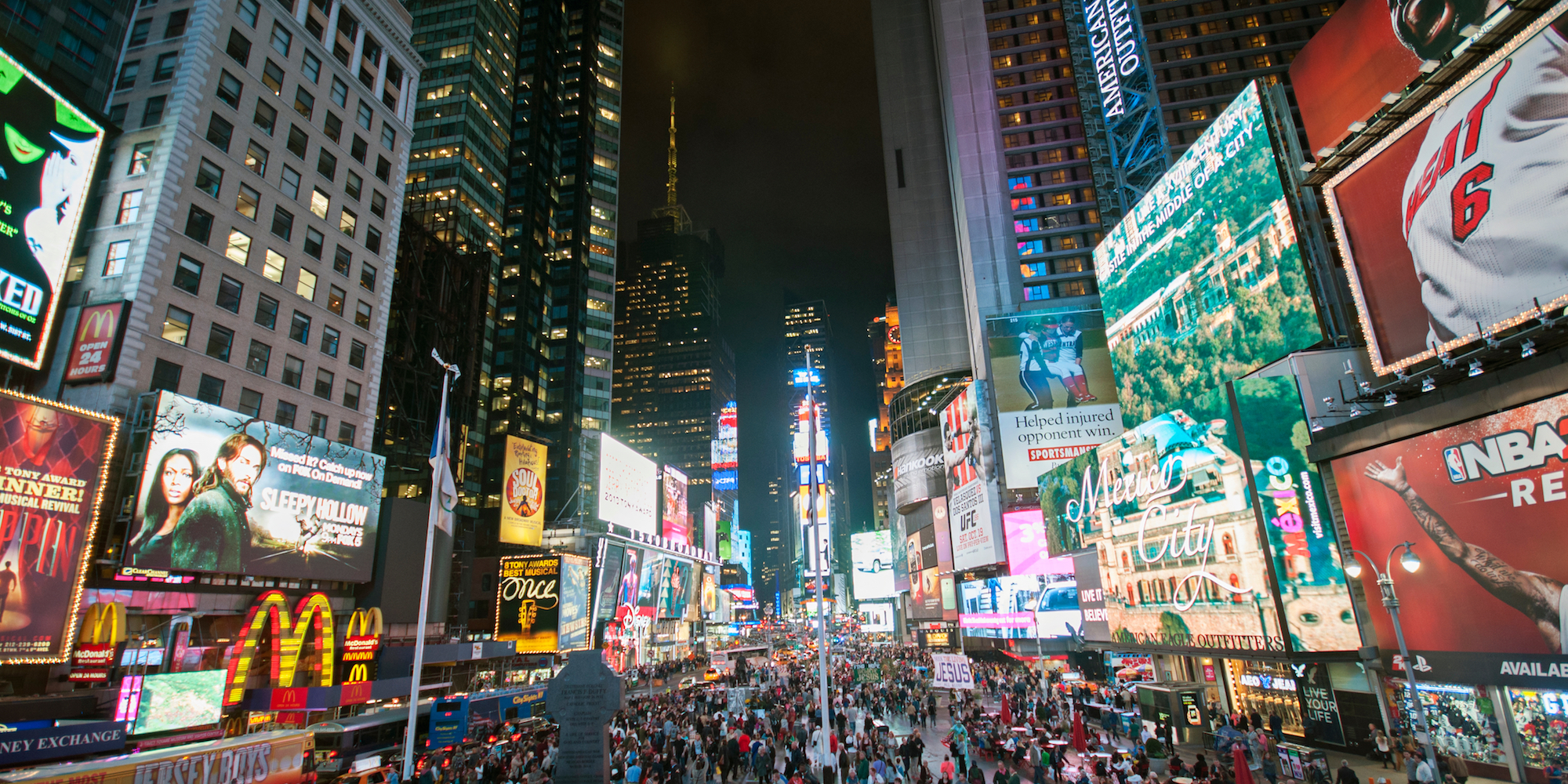- Interbrand, a brand consultancy firm, ranked the world’s biggest companies.
- They based the ranking on brand strength now, how the brand wants to improve in the future, and what value does it add to the company.
- Amazon, Google, and Microsoft were some of the leading brands to consumers, while Facebook fell out of the top 10.
- View Markets Insider’s homepage for more stories.
Brand image can be a huge factor for companies and their success, often influencing consumer decisions with it.
Interbrand, a brand consultancy firm, has ranked the world’s brand to see which were the most important in 2019.
They did this by looking at three main factors – brand strength currently – in other words, how positive is the perception of the brand across the world; what value does the brand itself add to the company; and, what plans does the brand have for the future.
The firm then calculated “overall financial return to an organization’s investors, or its economic profit,” as well as “the ability of the brand to create loyalty and, therefore, sustainable demand and profit into the future.”
Brands in tech stood out, such as Apple, Google and Amazon, while Spotify and Harley Davidson and were courting less favor with consumers.
Facebook fell out of the top 10 to 14th place and sportswear giant Nike came in at 16th place.
Below are the top 10 global brands in 2019.
10. Disney — brand value: $44.3 million
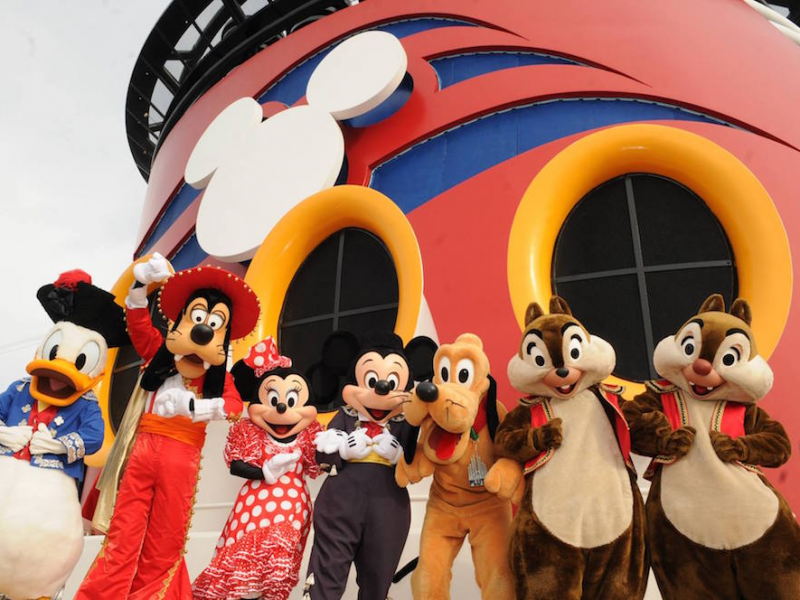
Disney's market cap at the time of writing stands at $240.2 billion, and the brand only stands to get stronger with the advent of the new streaming service Disney+. Interbrand found that it's brand strengths were differentiation, commitment, and presence. Its brand value has grown 11% in the last year, according to Interbrand, after a mammoth year in film with "The Lion King," "Toy Story 4" and "Avengers Endgame."
9. McDonald's — brand value: $44.53 million
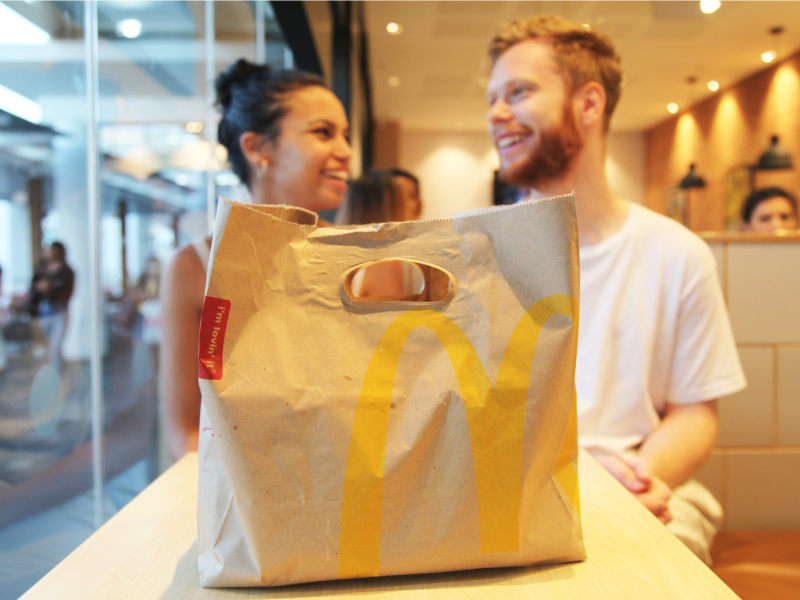
McDonald's, which has a $158.5 billion market cap, has consistently grown its brand value since 2003, and in the last year increased by 4%. Interbrand said its strengths were commitment, differentiation, and presence. With the rollout of a plant-based burger with Beyond Meat, it could yet still grow.
8. Mercedes-Benz — brand value: $50.8 million
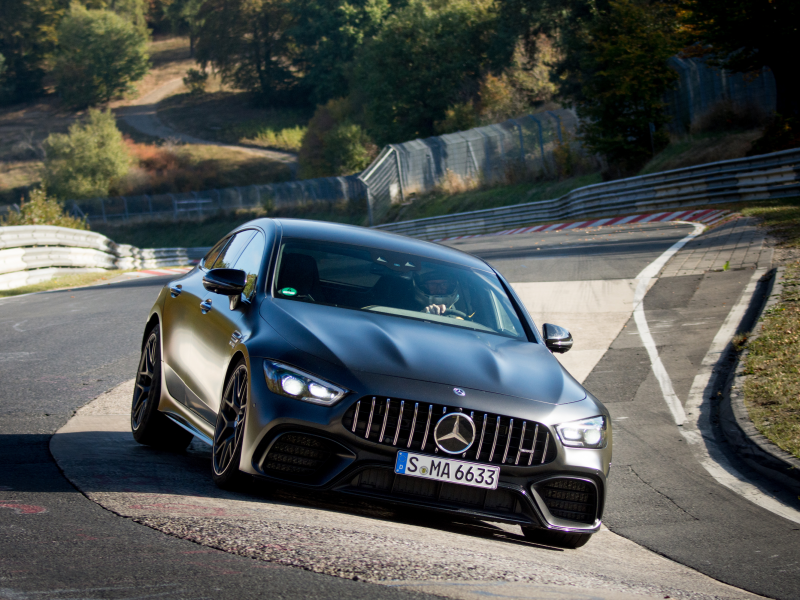
Mercedes-Benz, isn't independent per se, rather it is owned by Daimler. It's brand value increased by 5%, through its commitment, relevance and responsiveness.
7. Toyota — brand value: $56.2 million
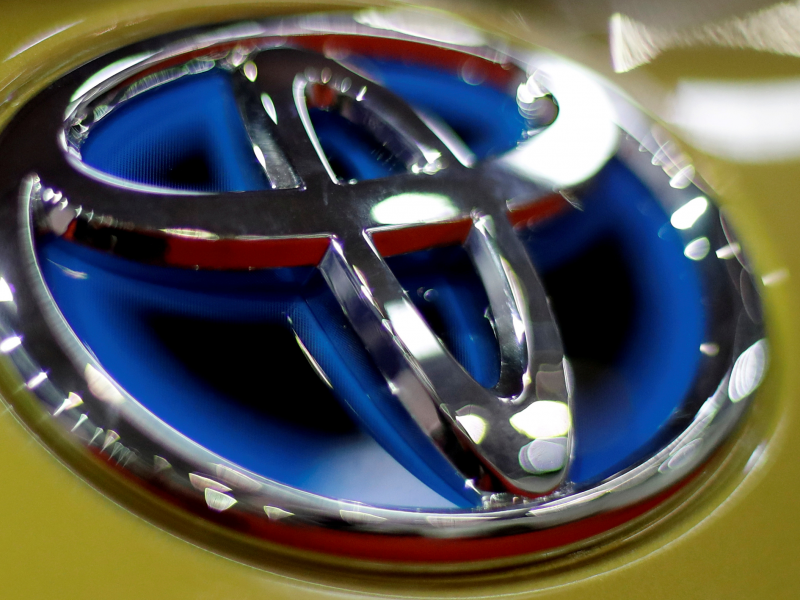
The Japanese carmaker's market cap is roughly $222 billion, and in the last year its brand has grown 5%. Interbrand based this on relevance, authenticity, and presence.
6. Samsung — brand value: $61 million
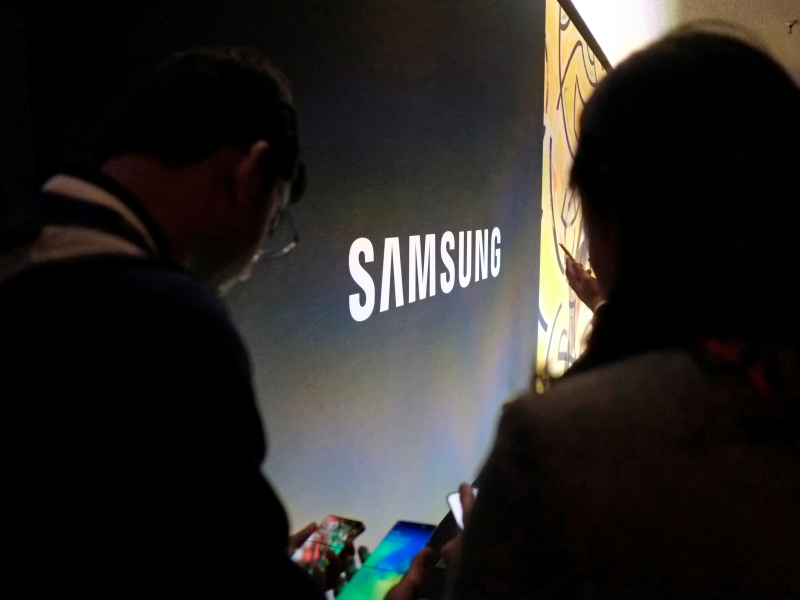
Samsung, one of the leading tech giants in the world with a market cap of $284 billion grew by 2% in the last year. It showed responsiveness, relevance and authenticity.
5. Coca-Cola — brand value: $63.4 million
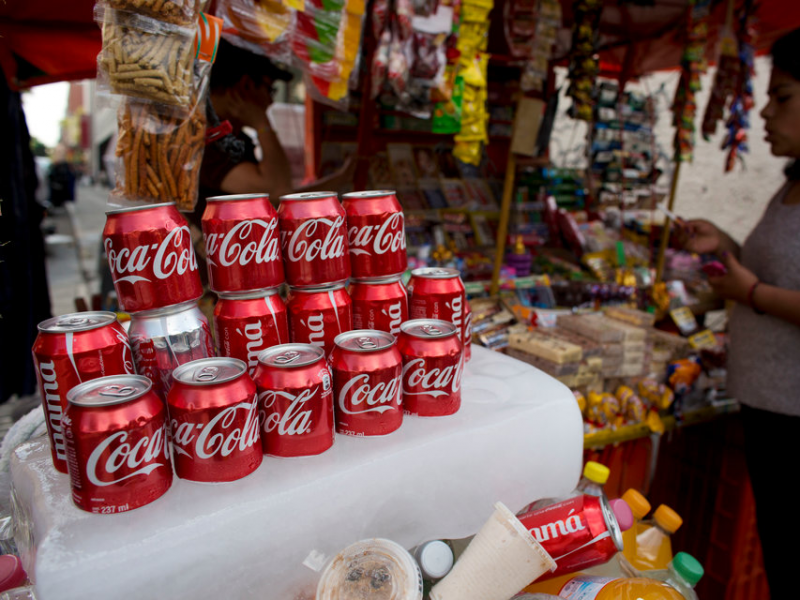
Coca-Cola's brand has actually declined in the last year 4% and has been doing so since 2014. Despite that, it sits at number 5, showing the strength of the brand - led by presence, authenticity and commitment.
4. Microsoft — brand value: $108.8 million
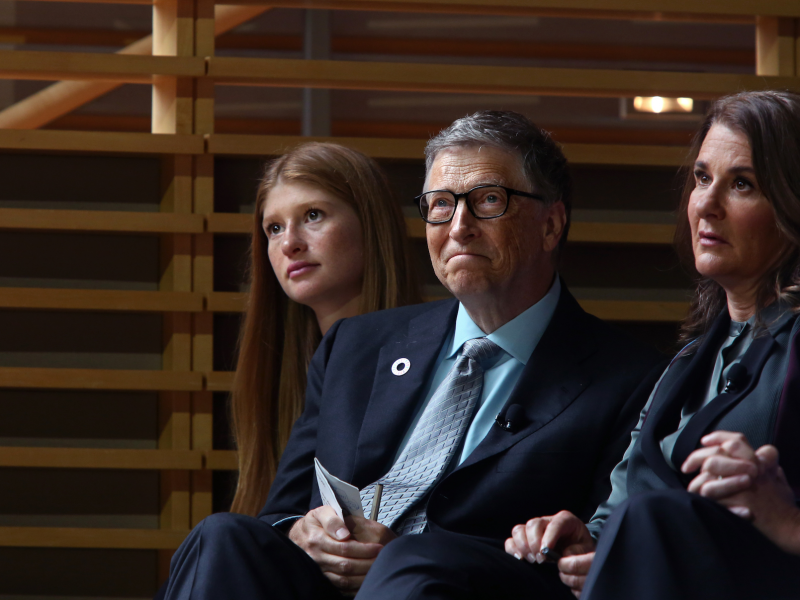
Worth $1 trillion by market cap, Microsoft is one of the world's leading brands, one of five tech companies in the top five. Its brand has improved markedly this year by 17%, due to clarity, relevance and responsiveness.
3. Amazon — brand value: $125 million
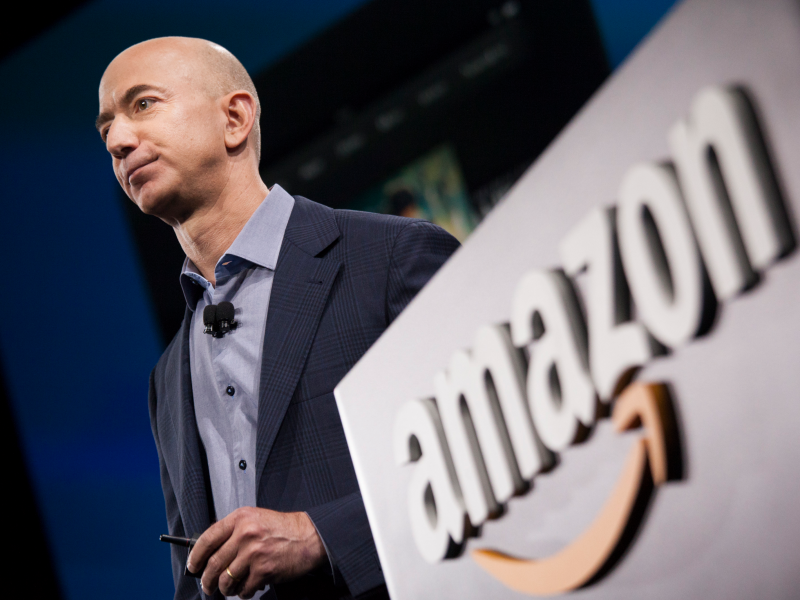
Jeff Bezos' firm is among the world's biggest brands. Amazon's market cap stands at $885.3 billion, and its strengths were responsiveness, relevance, and presence, as the brand grew 24% in the last year.
2. Google — brand value: $167.7 million
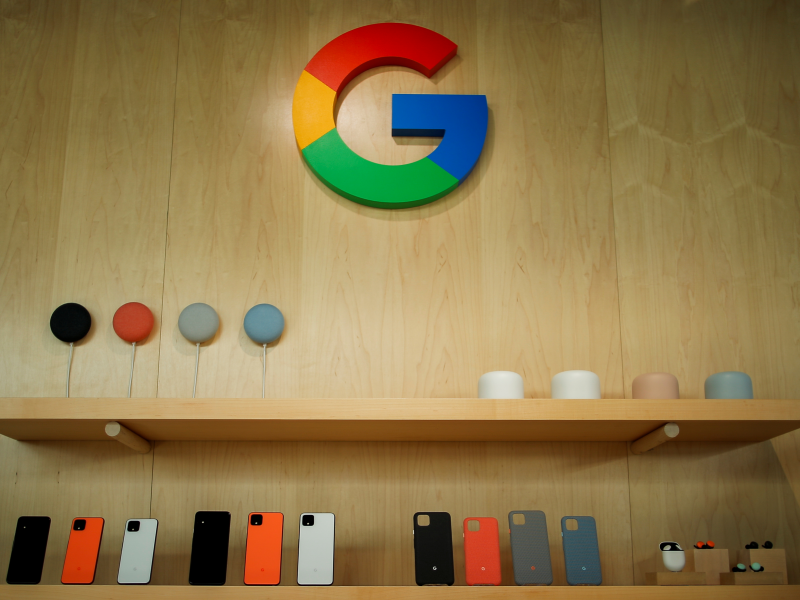
Google, was beaten to the top spot but clearly showed its dominance in the world's household names, as it had the second-highest brand strength. With a market cap of $869 billion, the brand grew 8%. Of course, presence and relevance featured but also responsiveness.
1. Apple — brand value: $234.2 million
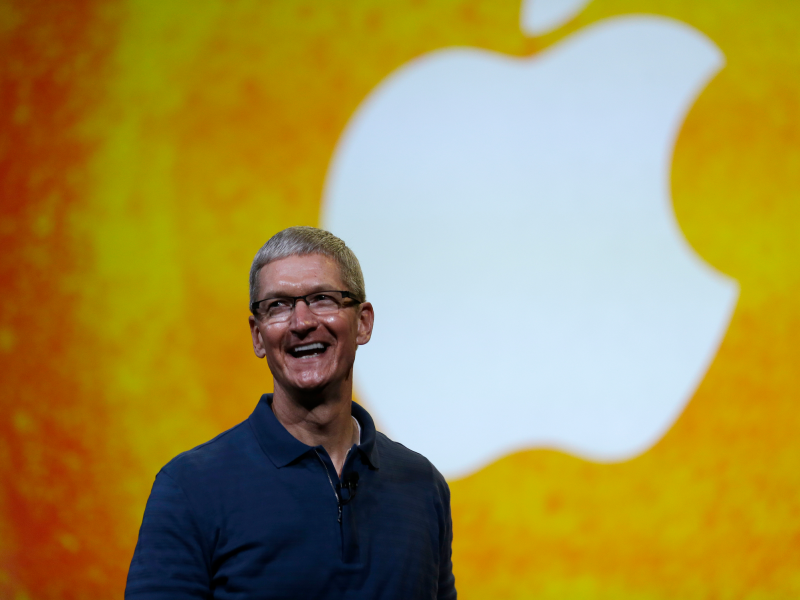
The world's strongest brand was tech giant Apple. With a market cap of about $1 trillion, the tech giant nabbed the top spot, beating Google in terms of brand value by an entire Coca-Cola and more. It grew 9% in the last year, through differentiation, governance, and engagement.

